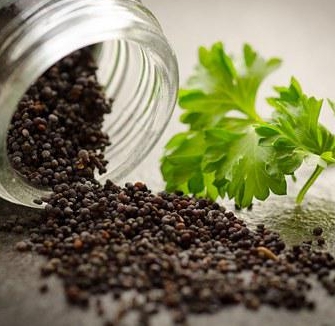Tea
- The dried and prepared leaves of a shrub, Camellia sinensis, from which a somewhat bitter, aromatic beverage is prepared by infusion in hot water.
- The shrub itself, extensively cultivated in China, Japan, India, etc., and having fragrant white flowers.
- The beverage so prepared served hot or iced
- Any kind of leaves, flowers, etc., so used, or any plant yielding them
- Any of various infusions prepared from the leaves, flowers, etc., of other plants, and used as beverages or medicine
- We prefer herbal teas as a method for using the plants.
- There are two types of teas:
- Infusion – when you pour hot or cold water over the herbs and allow them to steep for a period of time. Best suited for softer plant parts such as leaves and flowers.
- Decoction – when herbs are simmered in water on a stovetop for 30 minutes or more to make a strong extraction. Best suited for hardier plant parts such as berries, roots, and stems.
Tisane
- French. aromatic or herbal tea.
- In many countries, the word ‘tea’ can only be used for leaves of the Camellia sinensis plant and therefore the phrase ‘herbal tea’ cannot be used. These beverages are then called infusions or tisanes (though we still call them teas here in our store)
Tincture
- A solution of alcohol or of alcohol and water combined with fresh or dried herbs to extract the medicinal qualities.
- Provides a convenient and concentrated remedy.
- We make our tinctures using fresh or dried herbs and organic cane alcohol that is gluten-free.
- Tinctures are a great way to use herbs when teas are not possible. We tend to use them when someone can’t (or won’t) make a tea, or if the particular herb or situation is better suited to the use of a remedy that is quick and easy to take.
Elixir
- A combination of an alcohol extract of the herbs and a water extract of the same herbs with some honey added to sweeten.
- This method provides a good extraction of all the medicinal properties present in the plant and typically results in a pleasant and sweet tasting remedy.
Syrup
- A combination of a strong herbal tea (called a decoction) and honey to sweeten and preserve the remedy.
- This is a favorite way to get kids to take herbs.
Infused Vinegar
- Similar to a tincture but using apple cider vinegar instead of alcohol, herbal vinegars are great for those who do not want to alcohol used in traditional tinctures.
Herbal Honey
- Herbal infused honeys are great for specific types of remedies such as cough calming herbs and as a vehicle for introducing herbal powders to the system.
Oxymel
- Oxymels are a combination of herbs, vinegar, and honey.
- A traditional remedy, this formulation tends to be best suited for a cough and chest related conditions.
Browse by category
- Aromatherapy
- Astrology & Magic
- Ayurdeva
- Botany Foraging & Gardening
- Chakras
- Digestion
- Earth Connection
- Energetics
- Flower & Gem Essences
- Folk Traditions
- Herbalism & Holistic Health
- Immune Support
- Materia Medica
- Mushrooms
- Nutrition
- Seasonal Living: Autumn
- Seasonal Living: Moon
- Seasonal Living: Spring
- Seasonal Living: Summer
- Seasonal Living: Winter
- Skin & Body Care

Don’t Miss a Thing!
Enter your email below to be the first to know about sales, new products and tips for taking care of your pieces.

